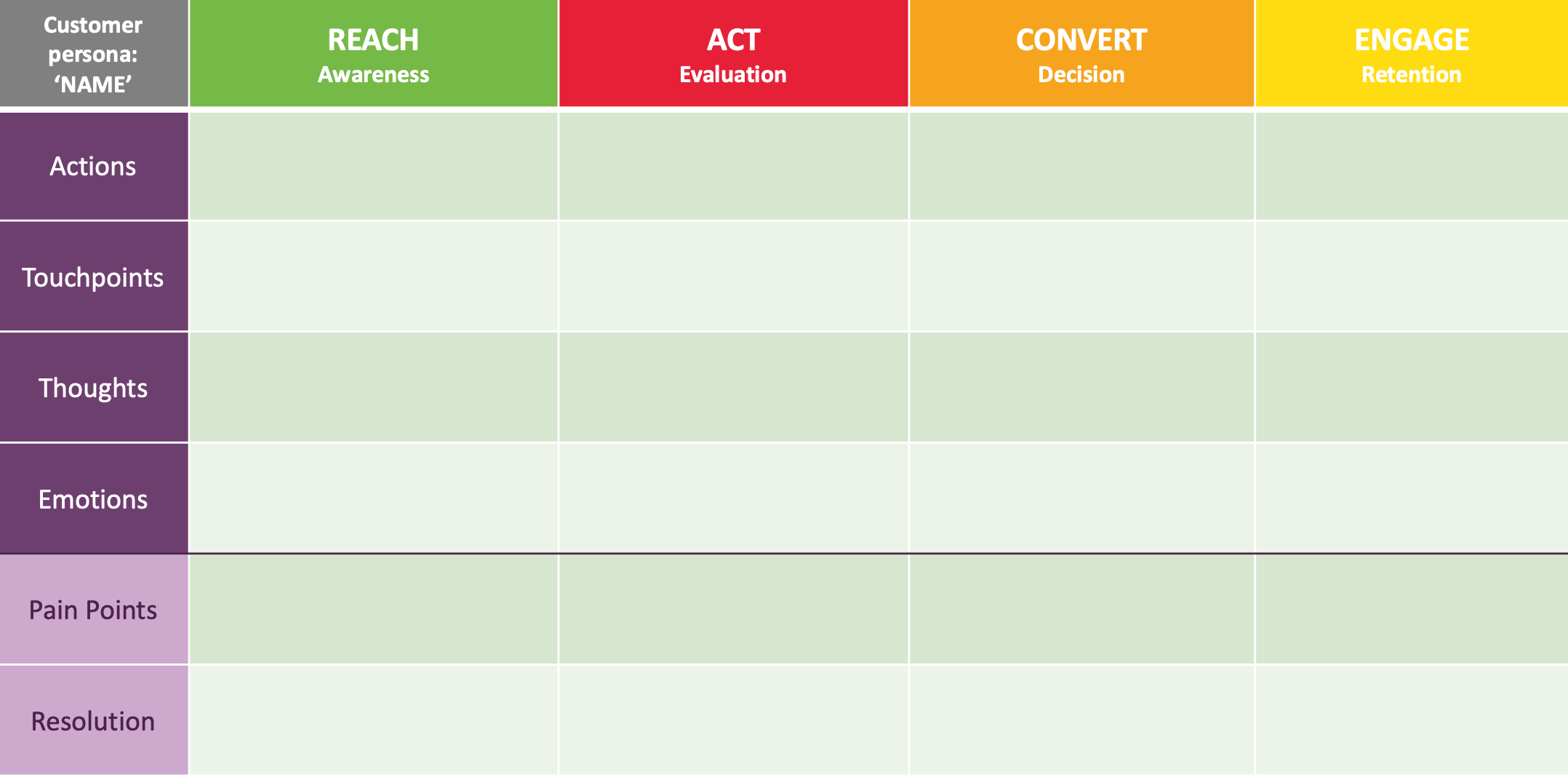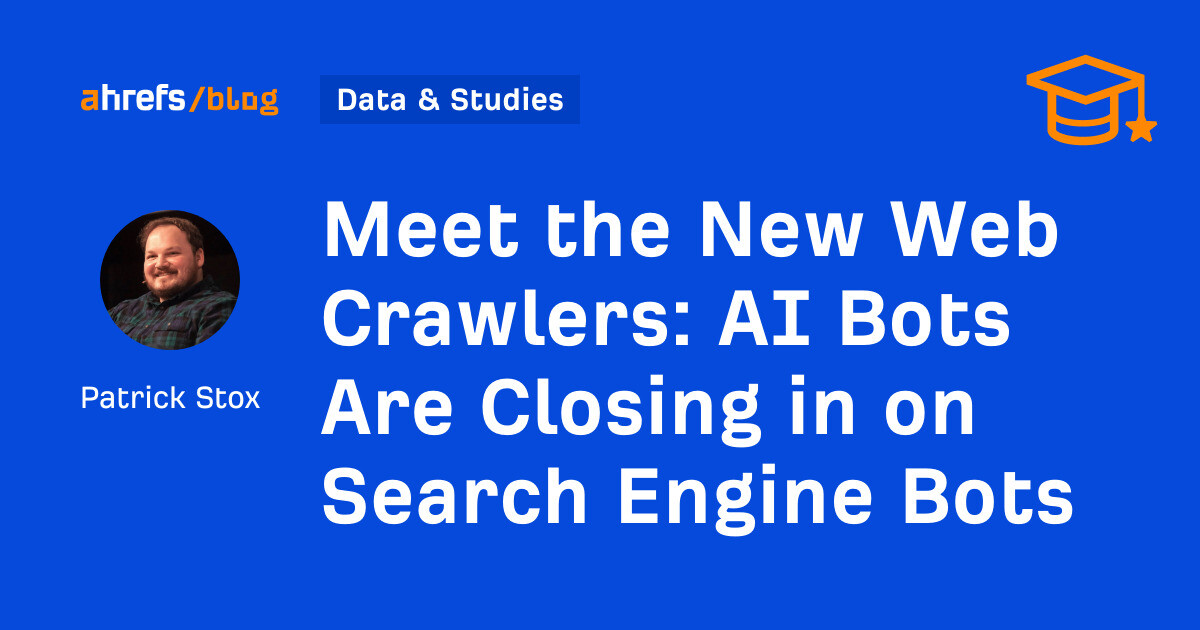The Rise of Michigan’s Social Enterprises: Profit Meets Purpose
A new generation of Michigan entrepreneurs refuses to choose between making money and making a... The post The Rise of Michigan’s Social Enterprises: Profit Meets Purpose appeared first on Social Media Explorer.

A new generation of Michigan entrepreneurs refuses to choose between making money and making a difference. These social enterprises embed charitable missions into business models, proving that profit and purpose reinforce rather than contradict each other. From Detroit’s urban farms to Northern Michigan’s environmental ventures, these businesses demonstrate sustainable approaches to solving social challenges.
Defining Social Enterprise in Michigan Context
Social enterprises differ from traditional nonprofits by generating revenue through business activities rather than depending on donations. They also differ from traditional businesses by prioritizing social impact alongside or above profit maximization. This hybrid model attracts entrepreneurs frustrated with nonprofit limitations and conventional business’s narrow focus.
Michigan’s post-industrial challenges create fertile ground for social enterprise solutions. Urban blight becomes opportunity for job training programs. Food deserts inspire innovative distribution models. Environmental degradation motivates cleanup businesses. These enterprises address market failures where traditional businesses see insufficient profit and nonprofits lack resources.
Legal structures for social enterprises continue evolving. While some operate as nonprofits with earned revenue streams, others choose benefit corporation status or traditional LLCs with strong mission commitments. For those exploring options, understanding how to start a business in Michigan includes considering structures aligning with social missions.
Employment as Social Impact
Many Michigan social enterprises focus on employment for individuals facing barriers to traditional jobs. Former prisoners, recovering addicts, and people with disabilities find opportunities in businesses designed around their needs. These employers invest heavily in training, mentorship, and support services traditional businesses consider uneconomical.
The business case for inclusive employment proves compelling. Lower turnover rates offset higher training costs. Government incentives and contracts designated for social enterprises provide revenue advantages. Customer loyalty to mission-driven businesses commands premium pricing. These factors combine to create sustainable competitive advantages.
Success stories inspire replication across industries. Landscaping companies employ returning citizens while beautifying neighborhoods. Manufacturing social enterprises provide skilled trades training while producing products. Food service businesses teach culinary skills while addressing food insecurity. Each model demonstrates viability while creating templates others can follow.
Environmental Enterprises Address Climate Challenges
Michigan entrepreneurs increasingly build businesses addressing environmental challenges while generating profits. Renewable energy installers make clean power accessible to low-income communities. Recycling innovators create value from waste streams. Sustainable agriculture ventures prove environmental practices can be profitable.
These enterprises benefit from growing consumer demand for environmental responsibility. Corporate customers seek suppliers aligning with sustainability commitments. Government incentives support clean technology adoption. Impact investors provide patient capital for businesses measuring success beyond financial returns.
Technology enables new environmental business models. IoT sensors optimize resource usage. Blockchain verifies sustainable supply chains. Mobile apps connect conscious consumers with responsible businesses. These tools allow small enterprises to compete with larger corporations on sustainability metrics.
Education and Youth Development Ventures
Social enterprises focusing on education and youth development address Michigan’s skills gap while building sustainable businesses. Coding bootcamps serve unemployed adults while generating tuition revenue. After-school programs combine childcare with enrichment activities parents willingly purchase. Maker spaces teach technical skills while selling memberships and workshop fees.
These education enterprises often outperform traditional nonprofits in outcomes and sustainability. Revenue generation forces customer focus and quality delivery. Market feedback drives continuous improvement. Earned income reduces dependence on unpredictable grant funding.
The Michigan Department of Education recognizes innovative education models, though social enterprises must navigate complex regulations when serving youth or providing credentialed education.
Healthcare Access Through Business Innovation
Healthcare social enterprises address Michigan’s healthcare deserts and affordability crises through innovative business models. Mobile clinics bring services to underserved neighborhoods while generating revenue through insurance billing and sliding-scale fees. Telehealth platforms connect rural residents with specialists while building sustainable technology businesses.
Preventive health enterprises prove particularly promising. Fitness programs for seniors reduce healthcare costs while generating membership revenue. Nutrition education businesses partner with insurers interested in preventing expensive chronic conditions. Mental health apps provide accessible support while building valuable technology platforms.
These healthcare ventures navigate complex regulations while maintaining missions. Success requires understanding of healthcare financing, regulatory compliance, and technology implementation. Partnerships with established healthcare providers often provide credibility and customer acquisition channels.
Housing Innovation and Community Development
Social enterprises tackling Michigan’s affordable housing crisis develop innovative financing and construction models. Community land trusts preserve affordability while generating management fees. Tiny home manufacturers address homelessness while building scalable production businesses. Co-housing developers create intentional communities while earning development fees.
These housing enterprises often combine multiple revenue streams. Construction services, property management, and resident services create diversified income. Government contracts for affordable housing provide stable revenue. Impact investment from community development financial institutions offers patient capital.
Success requires navigating complex financing including tax credits, government programs, and traditional lending. Understanding of construction, property management, and social services proves essential. Partnerships with nonprofits, government agencies, and traditional developers expand capabilities.
Measuring Impact Alongside Profit
Social enterprises face unique challenges measuring success across financial and social dimensions. Traditional accounting captures revenue and expenses but misses social value creation. Impact measurement frameworks continue evolving as investors and customers demand accountability.
Successful social enterprises embed measurement into operations rather than treating it as reporting burden. Customer relationship management systems track employment outcomes. Environmental monitoring quantifies resource savings. Health outcomes data demonstrates intervention effectiveness. This data drives operational improvements while satisfying stakeholder reporting needs.
Transparency about both successes and failures builds trust with stakeholders. Annual benefit reports detail social and environmental performance alongside financial results. Regular community forums gather feedback and maintain accountability. This openness attracts customers, employees, and investors aligned with missions.
Funding Social Enterprises
Capital access remains challenging for social enterprises falling between traditional investment categories. Venture capitalists seek higher returns than most social enterprises provide. Traditional banks struggle evaluating businesses prioritizing impact alongside profit. Grant funders prefer nonprofits over revenue-generating entities.
Creative funding solutions emerge from growing impact investment sectors. Revenue-based financing aligns with social enterprise cash flows. Crowdfunding campaigns attract values-aligned small investors. Government programs increasingly recognize social enterprise contributions. Blended finance combining grants, debt, and equity enables growth.
Patient capital proves essential for social enterprise success. Impact investors accepting below-market returns in exchange for social value enable sustainable growth. Foundation program-related investments provide flexible funding. Community investment cooperatives aggregate local capital for local impact.
Scaling Impact Through Replication
Successful Michigan social enterprises increasingly focus on replication rather than just organizational growth. Franchise models spread proven approaches to new communities. Open-source business plans enable others to launch similar ventures. Training programs develop social entrepreneurs in specific sectors.
Technology platforms enable efficient replication. Shared back-office services reduce administrative burdens for new locations. Centralized purchasing leverages economies of scale. Digital training systems maintain quality across distributed operations. These infrastructure investments multiply impact beyond single organizations.
Networks of similar social enterprises share knowledge and resources. Peer learning accelerates improvement across organizations. Joint advocacy strengthens policy influence. Collaborative marketing builds sector awareness. These networks prove that cooperation multiplies rather than diminishes individual success.
Future of Purpose-Driven Business
Generational shifts favor social enterprise growth. Millennials and Gen Z workers seek purposeful employment over pure compensation. Conscious consumers support businesses aligning with their values. Impact investors deploy growing capital into ventures generating returns beyond finance.
Traditional businesses increasingly adopt social enterprise practices. B Corporation certification mainstreams stakeholder capitalism. Environmental, social, and governance (ESG) criteria influence investment decisions. Corporate social responsibility evolves from marketing to operations. These trends validate social enterprise approaches.
Michigan’s social enterprises lead this transformation by demonstrating viable alternatives to shareholder capitalism. Their success inspires entrepreneurs nationwide to build businesses serving all stakeholders. As social and environmental challenges intensify, these purpose-driven business models offer hope for sustainable solutions benefiting both people and profit.
The post The Rise of Michigan’s Social Enterprises: Profit Meets Purpose appeared first on Social Media Explorer.

























![How To Drive More Conversions With Fewer Clicks [MozCon 2025 Speaker Series]](https://moz.com/images/blog/banners/Mozcon2025_SpeakerBlogHeader_1180x400_RebeccaJackson_London.png?auto=compress,format&fit=crop&dm=1750097440&s=282171eb79ac511caa72821d69580a6e#)

![Brand and SEO Sitting on a Tree: K-I-S-S-I-N-G [Mozcon 2025 Speaker Series]](https://moz.com/images/blog/banners/Mozcon2025_SpeakerBlogHeader_1180x400_LidiaInfante_London.png?auto=compress,format&fit=crop&dm=1749465874&s=56275e60eb1f4363767c42d318c4ef4a#)

























![The 11 Best Landing Page Builder Software Tools [2025]](https://www.growthmarketingpro.com/wp-content/uploads/2024/04/best-landing-page-software-hero-image-1024x618.png?#)





































![How to Create an SEO Forecast [Free Template Included] — Whiteboard Friday](https://moz.com/images/blog/banners/WBF-SEOForecasting-Blog_Header.png?auto=compress,format&fit=crop&dm=1694010279&s=318ed1d453ed4f230e8e4b50ecee5417#)
![How To Build AI Tools To Automate Your SEO Workflows [MozCon 2025 Speaker Series]](https://moz.com/images/blog/banners/Mozcon2025_SpeakerBlogHeader_1180x400_Andrew_London-1.png?auto=compress,format&fit=crop&dm=1749642474&s=7897686f91f4e22a1f5191ea07414026#)











![AI Content Is 4.7x Cheaper Than Human Content [+ New Research Report]](https://ahrefs.com/blog/wp-content/uploads/2025/06/ai-content-is-4.7x-cheaper-than-by-ryan-law-data-studies.jpg)



![The Largest Communities on Reddit [Infographic]](https://imgproxy.divecdn.com/vfTS-YsC_ZrqM6F4tAXJgV6qj3gCHSsf2dvHufDbrrQ/g:ce/rs:fit:770:435/Z3M6Ly9kaXZlc2l0ZS1zdG9yYWdlL2RpdmVpbWFnZS9sYXJnZXN0X3JlZGRpdF9jb21tdW5pdGllczIucG5n.webp)









![Brand pitch guide for creators [deck and email templates]](https://blog.hootsuite.com/wp-content/uploads/2022/06/brand-pitch-template.png)

























